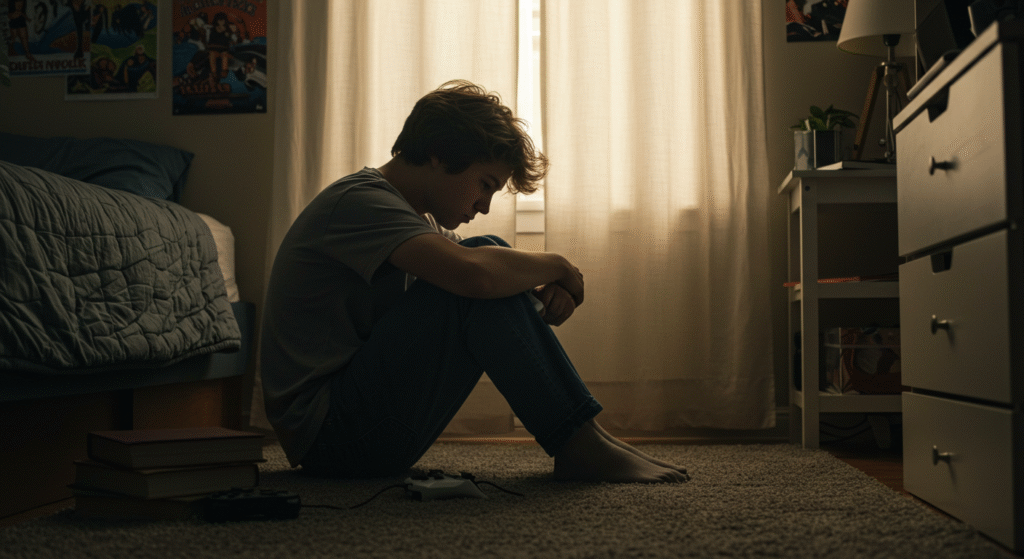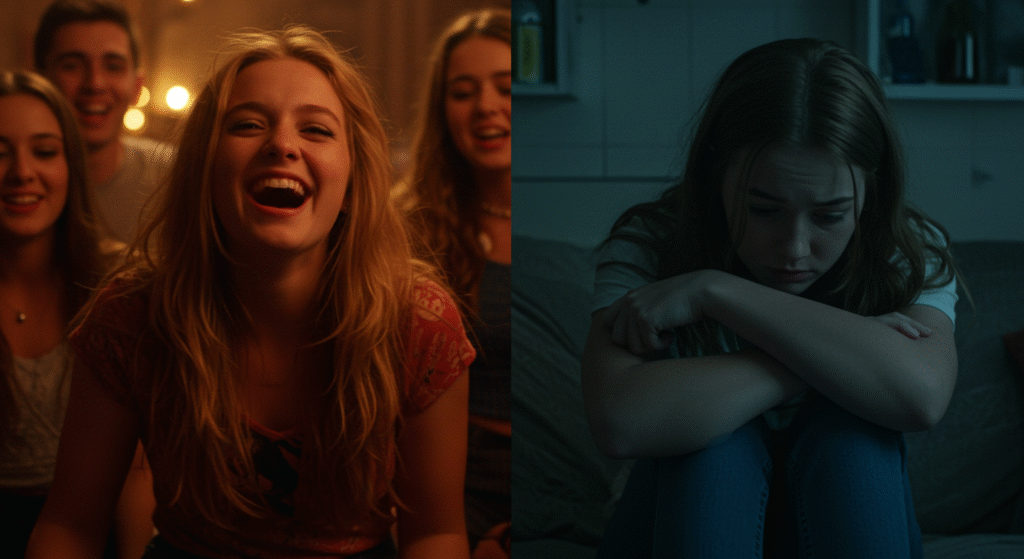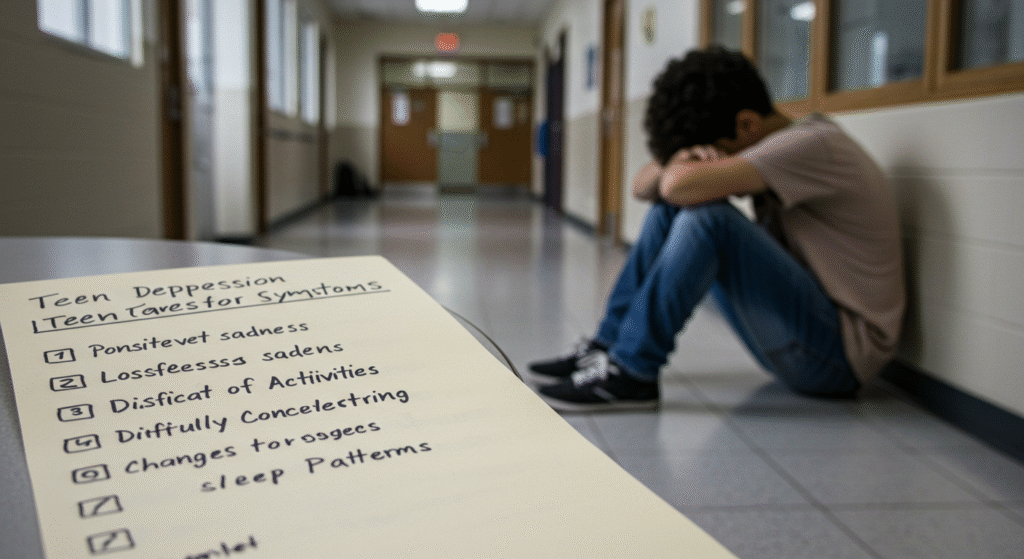Why Do Many Teenagers Feel Depressed?
Many teens experience unhappiness at some point in their lives—but when sadness becomes persistent, unshakable, and affects everyday functioning, it’s something more serious: clinical depression.
There’s an ongoing debate among some circles about whether teen depression is “just a phase.” But facts speak louder than opinion: 1 in every 20 teenagers in the U.S. experiences clinical depression, and it’s often triggered by one or more traumatic events. Without timely treatment, episodes can return—more frequently, and with increasing severity.

Depression Is More Than Just Feeling Sad
Depression is not a mood swing. It is a medical illness that affects the mental, emotional, and physical health of the teen. While many young people may seem temporarily moody or withdrawn, true clinical depression doesn’t go away on its own.
When not recognized or treated, depression can escalate. And yes, like any other illness, it presents in varying forms—some more visible than others.

Types of Teen Depression You Should Know
There are three primary types of depressive disorders that can affect adolescents:
- Major Depressive Disorder (MDD):
The most severe form. It impacts daily functioning—mood, behavior, energy, appetite, and interest in life. A single episode is serious, but multiple episodes may occur if left untreated. - Persistent Depressive Disorder (Dysthymia):
A milder but long-term form of depression. Teens may still go to school or participate in activities, but often feel chronically low. It’s exhausting and often misunderstood. - Bipolar Disorder:
Involves extreme mood shifts—from euphoric highs to devastating lows. These highs (mania) can cause impulsive decisions, while depressive cycles mimic the symptoms of MDD.

Symptoms of Teenage Depression
Parents, teachers, and caregivers must learn to recognize these common signs:
- A persistent feeling of emptiness
- Intense hopelessness
- Ongoing guilt and worthlessness
- Loss of interest in things that once brought joy
- Fatigue and low energy
- Trouble focusing or making decisions
- Sleep disturbances (too much or too little)
- Appetite changes and noticeable weight shifts
- Suicidal thoughts or behaviors
- Irritability or unexplained anger
- Physical pain without medical cause

The Good News: Depression Can Be Treated
While teen depression is serious, recovery is absolutely possible. Treatment options include:
- Psychotherapy (Talk Therapy): Helps teens express themselves, process trauma, and learn coping skills.
- Antidepressant Medication: Prescribed when necessary by a psychiatrist to rebalance brain chemistry.
- Combination Therapy: Both medication and counseling, often the most effective treatment.
- Other Therapies: In severe cases, options like Electroconvulsive Therapy (ECT) or Light Therapy may be recommended.
The most important step is getting professional help—only a licensed therapist or psychiatrist can make a proper diagnosis and create a treatment plan tailored to your teen’s needs.

In Conclusion: It’s Time to Take Teen Depression Seriously
Teen depression is not a weakness, a phase, or attention-seeking—it’s a real illness that demands compassion, education, and professional treatment. Early intervention can save lives.
If your teen is showing signs, don’t wait. Take the step. Talk to a doctor. Book the therapy. Be present. Be gentle. Be the support they desperately need.

